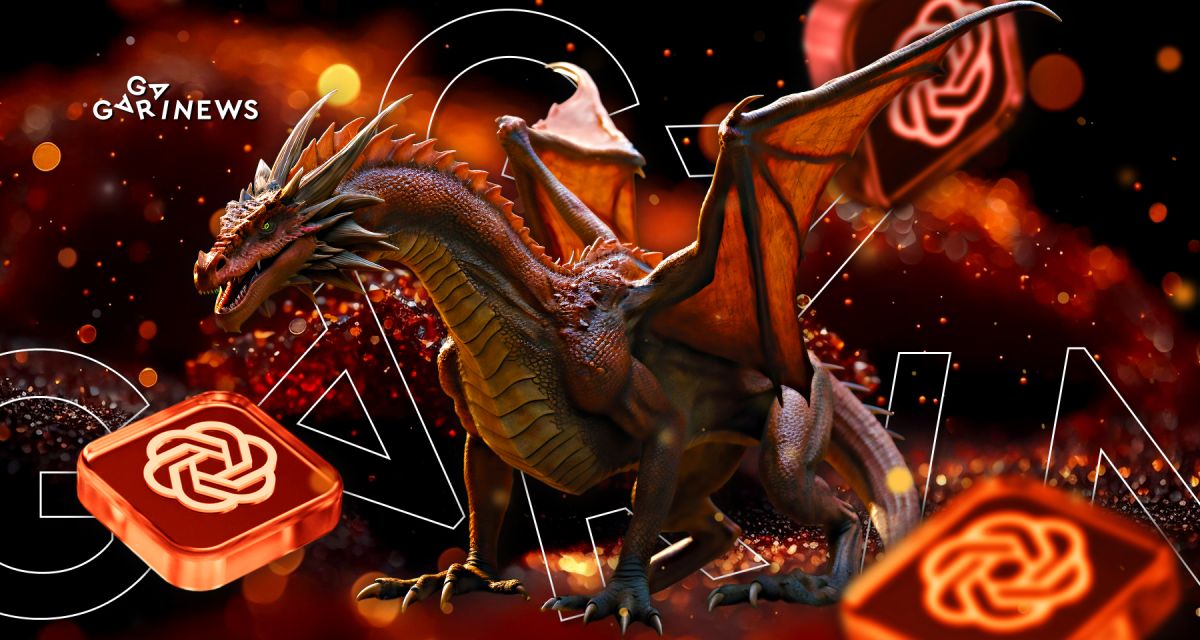ChatGPT Writes the Sequels for ‘A Song of Ice and Fire’

Developer Liam Swayne turned to ChatGPT to weave the next chapters in George R. R. Martin’s famed book series ‘A Song of Ice and Fire’, globally recognized for its ‘Game of Thrones’ TV adaptation.
On this page
After the initial release of the popular chatbot, some users encountered difficulties in handling large-scale literary texts. ChatGPT demonstrated limitations in spinning long narrative threads or managing multiple characters, making creative individuals wary of this new technology. But with language models continuously evolving, Liam took it upon himself to explore and assess the latest strides AI has taken in the literary world.
For this, he set out to generate two unwritten novels: ‘The Winds of Winter' and ‘A Dream of Spring.' Initially, Liam formulated 45 key plot points with specific prompts, which were then re-input into ChatGPT for further elaboration. He utilized these as the groundwork for the AI, tasking it with transforming each item into an individual scene and weaving them into a unified narrative.
The novels that were generated ended up being almost as voluminous as the original works. The completed books are readily accessible for anyone who wishes to read them or skim through the key passages. Certain Western journalists have given positive evaluations of the work carried out by the AI, commending the chatbot's knack for fabricating engaging plot twists and adeptly incorporating characters throughout the narrative.
Interestingly, a secondary character suddenly vanishes and then reappears many chapters later. This showcases ChatGPT's capacity to maintain information over an extended period and draw upon it as needed to drive the storyline. Yet, the AI struggled with the unexpected character eliminations, a characteristic trope of this series. Throughout two full-length novels, the chatbot refrained from orchestrating the demise of a major character, despite numerous suggestive prompts and the narrative style of the text.
The situation suggests that AI is now equipping writers with more tools for detecting discrepancies and enhancing plot structure. However, a primary challenge persists – the language models' incapability to make unconventional decisions. Since most authors follow particular narrative templates, this means that AI encounters restrictions right from the model training stage. The researcher who conducted this study holds a similar viewpoint and voices an optimistic forecast for the future of writers:
“At this point, AI can only do what is most commonly done, which means it struggles to create stories that aren't by the books. To my surprise, I'm more confident than before starting this project that writers making creative and unexpected decisions are not replaceable.”
The content on The Coinomist is for informational purposes only and should not be interpreted as financial advice. While we strive to provide accurate and up-to-date information, we do not guarantee the accuracy, completeness, or reliability of any content. Neither we accept liability for any errors or omissions in the information provided or for any financial losses incurred as a result of relying on this information. Actions based on this content are at your own risk. Always do your own research and consult a professional. See our Terms, Privacy Policy, and Disclaimers for more details.


























